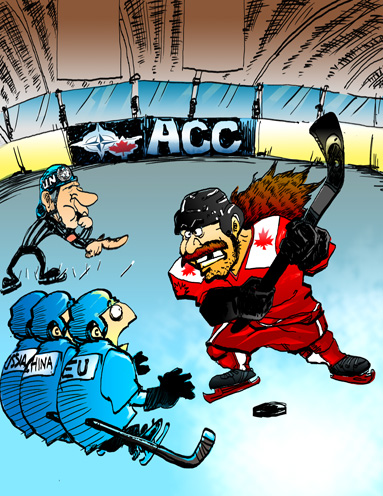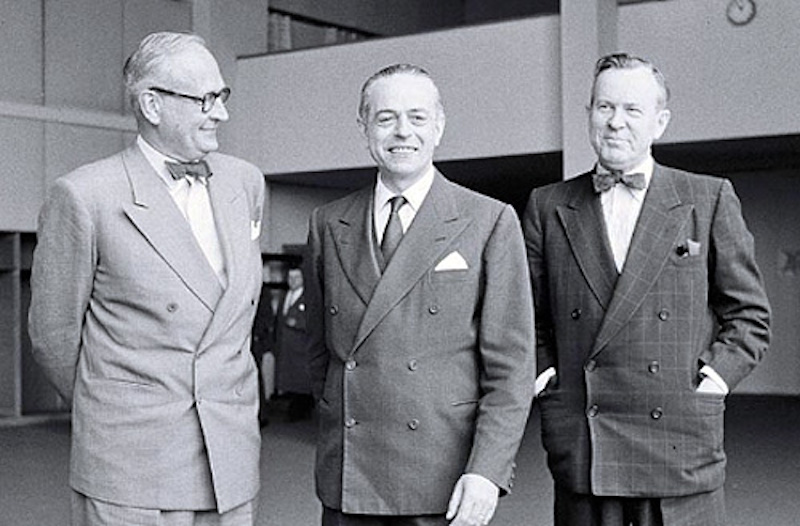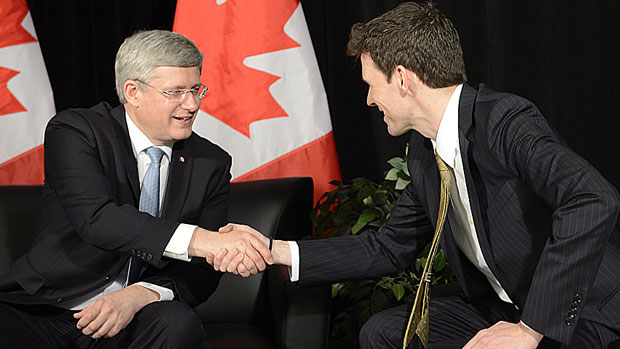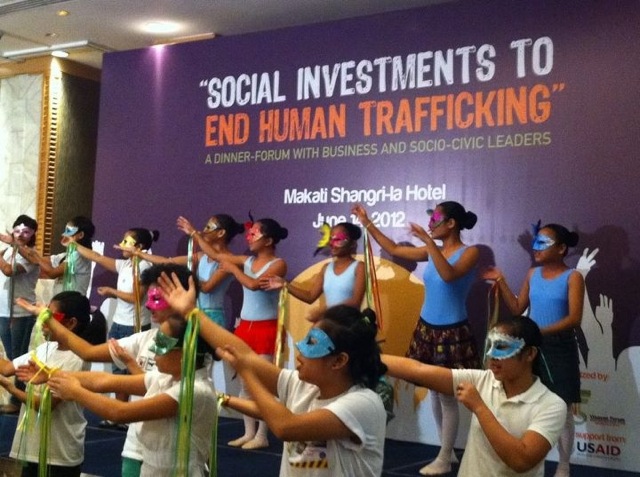This article is the first installment of a three part series on Canadian Foreign Policy.

The ‘golden goal’ is a rare sight to see. When it happens, it fills the observer with new-found passion and excitement. In Vancouver, during the 2010 Winter Olympics Men’s Final, for example, Canadian hockey superstar Sidney Crosby scored the game-winning goal–the so-called ‘golden goal’–which won Canada the Gold medal. The country was united together to celebrate Canada’s achievement on the ice. Fueled with fervour and patriotism, all Canadians, from multiple walks of life, came-together to share a common affinity for their nation’s hockey players. While the ‘golden goal’ is rare to witness, Canada’s dominance on the ice is not. The 72 Summit, Salt Lake City and the Canada Cup are but a few testaments to the supremacy of Canada in the international hockey arena. Yet, when it comes to Canada and the international community, Canada is seen as a middle power, or worse, a satellite power of the United States.
Scholars have often argued for Canada to remain “safely in the middle” and for Ottawa to realize that they are not only middle-powered but also middle-aged. Such arguments confine Canada’s role on the international scene to a few limited options, including: commitment to multilateralism, peacekeeping, human security, the International Criminal Court, the Kyoto Protocol, and reliance on human and social capabilities. Recently under the current Harper government, Canada has moved away from its traditional role in foreign policy and has embraced a more aggressive foreign policy; a step in the right direction. Labeling ourselves as a middle-power and middle-aged is a poor justification to avoid meaningful engagement in the international arena. Canada has many capabilities−abundant natural resources, high levels of technology, a well-educated populace, a high standard of living, and membership in exclusive groups such as G 7/8− which rank it far ahead of other middle powers.
Foreign policy is the face that Canada presents to the world, so if our foreign policy was more reflective of how we play hockey, the world would view us in a much different light. Canadians should want their government to be bold, assertive, and well-respected like our Canadian hockey team. In order to do so, we must be frontrunners in economic performance, promotion and creation of old and new international institutions, technological innovation, and keepers of global security. By examining Canada’s resource capability, its activities and associations, and overall approach to world order, we can determine if Canada is able to pursue its own policies in the international system. Furthermore, we can determine if it is in fact true, that Canada is becoming an emerging major power.
Resource Capability
Canada is a leading exporter of natural resources and of resource-based technology and knowledge. Canada supplies energy to countries such as, United States, China, European Union, and promotes the sustainable development of natural resources in today’s investment climate. Only Russia, the People’s Republic of China, the United States, and Saudi Arabia produce more total energy than Canada. Currently, Canada stands number one in the world in the following resources: potash, fresh water, coastlines, and temperate forests. Canada is second in the production of hydroelectricity and uranium production, and third in natural gas. Furthermore, Canada ranks second place in territory and has the second largest oil reserves in the world. With the abundance of natural resources and resource-based technology and knowledge, Canada has the capability to become an energy superpower.
In addition, with Ottawa pursuing better economic relations with China, Canada has become better business partners with the world’s largest energy consumer. This allows diversification and diminishes the sole reliance on the American economy−the second biggest energy consumer in the world. With the implementation of the Asia-Pacific gateway and corridor initiative, Canada has the capacity to act as conduit not only for Canada-Asia trade, but also to position Canada as a transportation hub for transpacific value chains involving US, Canada, and Asian partners. This gives Canadian firms the ability to increase business in the Asia-Pacific region substantially and puts pressure on the American government to remember Canada is not an ally to be taken for granted; Canada can easily locate new emerging markets to export its natural resources to.
The US relies heavily on Canadian energy to fuel its economy−80% of US uranium is imported, mainly from Russia and Canada, and Canada remains the largest exporter of total petroleum to the United States. The Keystone Pipeline is vital to increase Canadian vision of oil to the United States, and will bring vast wealth to the Canadian economy. The United States should remain Canada’s number one importer of natural resources not only for economic convenience, but for geopolitical interest as well.
Canada is a leader in resource-based technology and knowledge. This technology and knowledge should be promoted by the Canadian government abroad and exported to countries such as Russia, who lack experience in developing its resource sector. It would be of high interest to the Russian government, because 80 percent of Russian gas and 70 percent of Russian oil is located in the Arctic parts of the country. A significant proportion of these resources are located offshore, where Russia lacks experience. The sheer size of the fields suggests that Russia will want to develop them, so they will need greater reliance on foreign capital and technology. Canada can play a pivotal role on the technology side of developing Russia’s resource sector in the Arctic.
Ottawa’s future resource capabilities−if developed properly−will warrant Canada recognition as an energy super power and move it out of the middle-power category. Canada must continue building and expanding its commodity economy if it wants to have a say and impact on the international scene.




